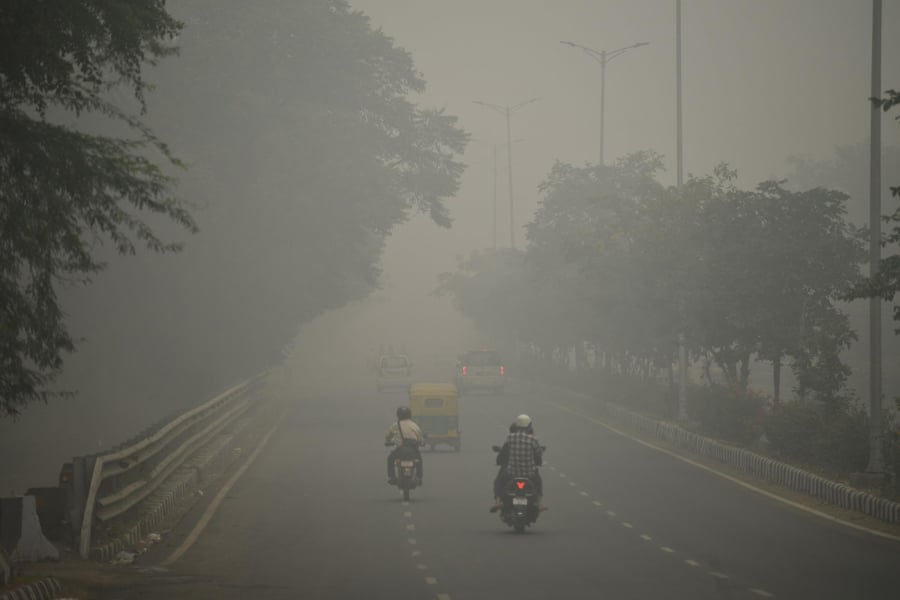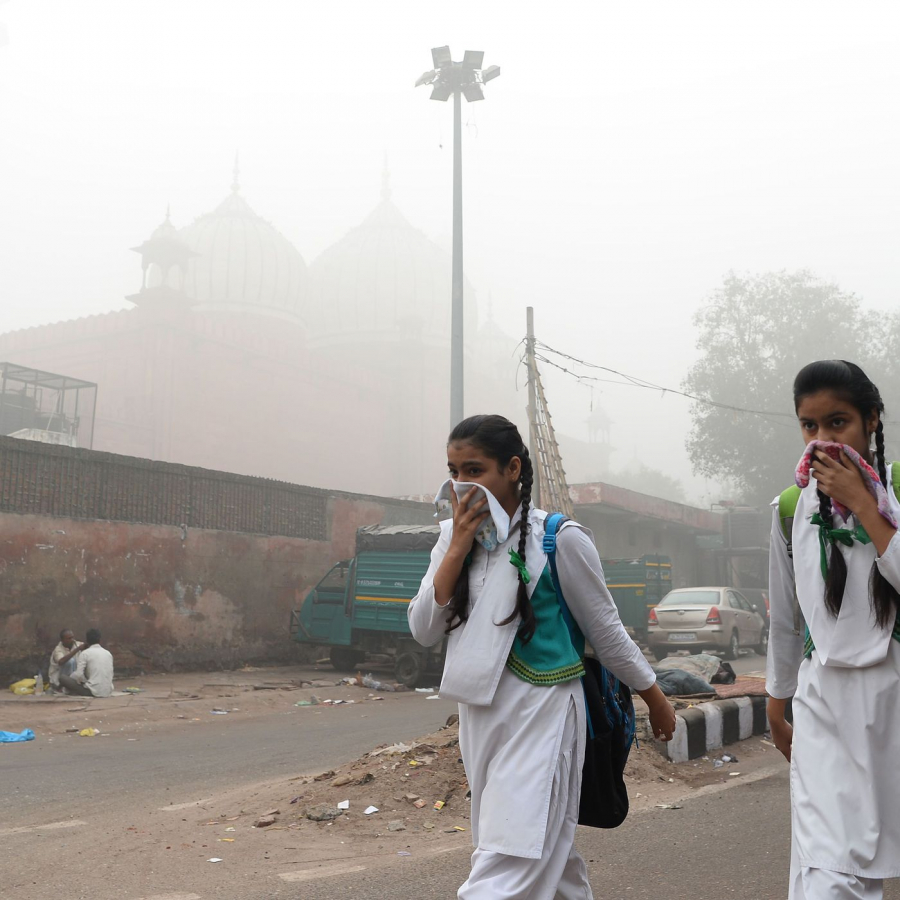According to the latest report from the Energy Policy Institute at the University of Chicago (EPIC), northern India is experiencing air pollution levels that are "ten times worse than anywhere else in the world." Over the past 10 years, severe air pollution has spread to western and central Indian states such as Maharashtra and Madhya Pradesh, where the average life expectancy has been reduced by six to three years compared to the 2000s.
New data from EPIC's Air Quality Index report indicates that residents of Delhi could increase their life expectancy by up to 10 years if air pollution levels there were to fall to the levels recommended by the World Health Organization (WHO).

Air pollution levels in New Delhi reached record highs in 2019. - Photo: CNN
Indian cities frequently appear on global pollution rankings, and more than 1 million people die each year due to the effects of consistently poor air quality.
The report further states that India and its neighbors such as Bangladesh, Nepal, and Pakistan consistently rank among the top five most polluted countries in the world, while the populations of these four countries account for nearly a quarter of the global population.

EPIC also noted several new policies aimed at improving the quality of life by the Indian Government, including the National Clean Air Programme 2019.
"These changes will have a major impact on life expectancy in India, potentially increasing the national life expectancy by nearly two years and three and a half years for Delhi residents alone," EPIC stated.
According to EPIC, China is also an example of implementing effective policies that can produce "significant reductions in pollution levels in a short period of time." Since 2013, the country's air pollution levels have decreased by 29%.

 VI
VI EN
EN





























